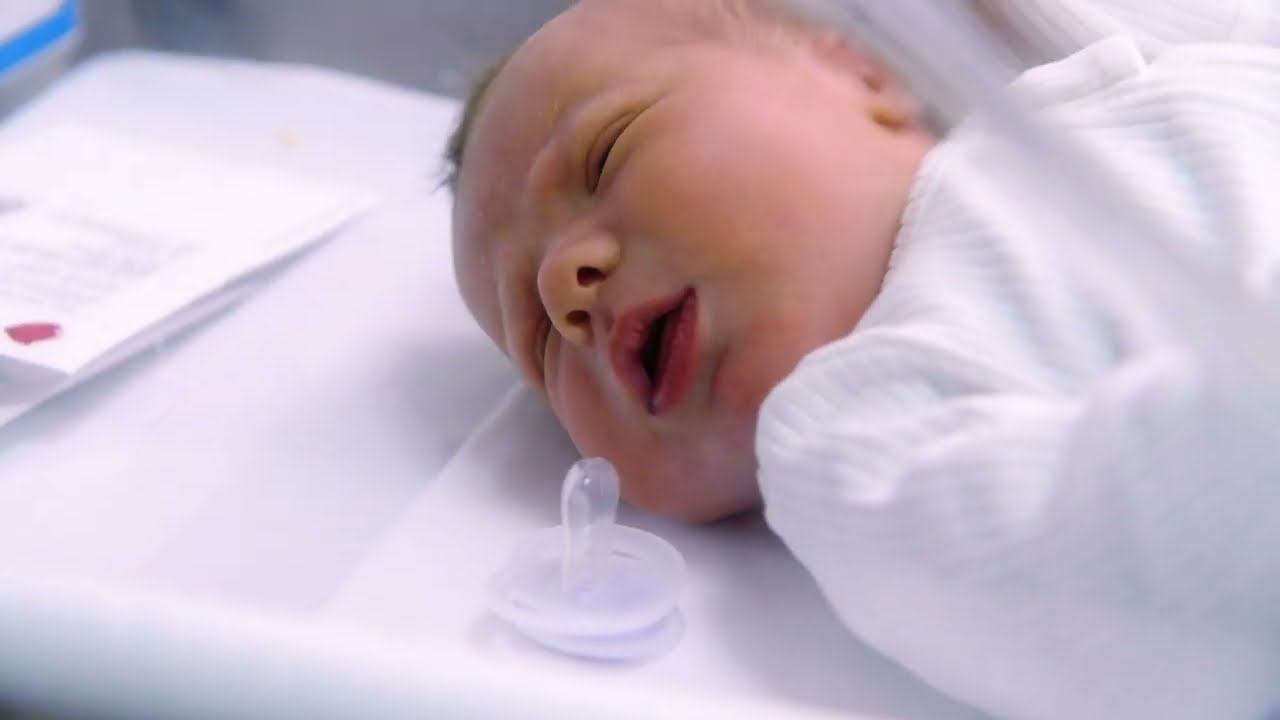Prenatal Veterinary Biomarker Testing for Fetal Distress
The prenatal diagnosis of fetal distress is a critical aspect of veterinary healthcare aimed at ensuring the health and well-being of pregnant animals. This service involves the analysis of biological markers present in maternal blood or amniotic fluid to identify potential issues affecting the fetus during pregnancy.
Early detection of such conditions can lead to timely interventions, enhancing both fetal survival rates and overall reproductive success for veterinary practices. By leveraging advanced diagnostic techniques, this testing ensures accurate identification of biomarkers indicative of distress, thereby enabling proactive management strategies.
Biomarker analysis plays a pivotal role in the early stages of pregnancy when intervention is most effective. The process typically involves collecting maternal blood samples at specific intervals throughout gestation and analyzing them for elevated levels of stress-related markers like cortisol or glucose.
Another key parameter includes assessing changes in hormone levels that might signal complications such as preeclampsia or eclampsia, which can be detrimental to both the mother and the fetus. Advanced instrumentation supports precise measurement and interpretation of these biomarkers, ensuring reliable results.
The significance of this testing cannot be overstated; it allows veterinarians to tailor treatments according to individual needs, thereby improving outcomes significantly. Proper specimen preparation is essential for accurate analyses, emphasizing thorough sampling protocols designed specifically for each type of test.
Standard operating procedures (SOPs) ensure consistency across all samples processed within our facilities, guaranteeing uniform quality standards regardless of the location or time of testing. This approach promotes trust among clients and contributes to better healthcare practices overall.
| Applied Standards | Description |
|---|---|
| ISO 15189:2012 | International standard for quality management systems in medical laboratories, emphasizing proficiency and reliability. |
| AAMI T63-2017 | Standard addressing the design, development, testing, verification, validation, production, control, installation, maintenance, and use of medical devices intended for use in perinatal care. |
The combination of these standards ensures that our laboratory adheres to high-quality practices, providing accurate results every time. Our commitment to excellence is reflected not only through rigorous adherence to international guidelines but also in continuous improvement efforts aimed at staying ahead of industry trends and technological advancements.
Applied Standards
- ISO 15189:2012 – Quality management systems for medical laboratories
- AAMI T63-2017 – Perinatal care devices design and development standards
Our adherence to these rigorous standards guarantees the highest level of accuracy, reliability, and consistency in all prenatal veterinary biomarker testing services provided. These certifications reflect our dedication to maintaining cutting-edge technology and methodologies while ensuring patient safety remains paramount.
Industry Applications
Prenatal biomarker testing finds extensive application across various sectors within the veterinary industry, particularly focusing on improving maternal and fetal health outcomes. By leveraging this advanced diagnostic tool, veterinarians can make informed decisions regarding treatment plans that could positively impact pregnancy success rates.
This service is widely utilized in large animal practices where multiple pregnancies occur annually. It helps monitor high-risk cases early on, allowing for timely interventions before complications arise. Additionally, it supports research efforts aimed at understanding the mechanisms behind certain conditions affecting pregnant animals more comprehensively.
The ability to detect distress signals promptly enables veterinarians to implement targeted therapies tailored specifically to each case, leading to better reproductive outcomes and reduced mortality rates among affected populations. This proactive approach fosters healthier offspring while promoting overall herd health within farms and ranches.
Quality and Reliability Assurance
To ensure the highest standards of quality and reliability in our prenatal veterinary biomarker testing services, we employ a robust quality management system rooted in international best practices. Our commitment to excellence is reflected through continuous improvement initiatives and adherence to stringent protocols.
- Regular calibration of all laboratory instruments to guarantee accurate measurements
- Daily validation of test methods using control samples
- Participation in external proficiency testing programs
- Implementation of strict quality assurance checks at every stage of the process
- Ongoing staff training on the latest diagnostic techniques and technologies
By maintaining these stringent measures, we ensure that all results are dependable and can be trusted by our clients. Our laboratory personnel undergo regular certification programs to stay updated with emerging trends in veterinary diagnostics.
The integration of advanced technology into our workflow enhances accuracy while reducing human error. This approach not only improves the reliability of test outcomes but also contributes significantly towards fostering trust among practitioners who rely on us for accurate information regarding their patients’ health conditions.





